Martin Basiri: The Builder Who Traded Unicorn Status for a Deeper Mission
Martin Basiri, a determined builder, inventor, and visionary, embodies an entrepreneurial journey defined by persistence and a radical focus on making opportunities universally accessible. His narrative is not a typical Silicon Valley rise; it is a story forged in scarcity, culminating in the co-founding of ApplyBoard, one of Canada’s most successful technology companies, and then, a deliberate departure to tackle an even more fundamental problem with his new platform, Passage.
I. The Forge of Adversity: Roots in Iran
Basiri’s trajectory began in Iran, where he grew up in a lower middle-class family. Both his parents were educators who worked day and night, running side hustles to provide for the family. His father, an electrical engineer, repaired radios, teaching the young Martin about components like transistors and resistors before he even learned to read and write. This immersion ignited an early entrepreneurial spark; by the age of 10, Martin sold his first self-designed circuit—a device to measure the conductivity of metals.
Life in Iran was structurally challenging, marked by frequent electricity outages that required careful planning, even for studying for exams. The family also faced the hardship of losing an older brother, which negatively impacted them, particularly his parents. Despite these obstacles, Basiri embraced his identity as a builder, opening a small computer shop around age 13 or 14, where he earned money burning CDs for friends. A pivotal moment came when his uncle, visiting from Canada, showed him how to program, demonstrating that he could control the computer rather than just consuming services. This revelation shifted Basiri’s focus entirely toward programming chips and circuit design.
II. The Path Forged by Persistence and Invention
The pursuit of higher education in Iran was fiercely competitive. To enter engineering and science schools, students had to be in the top 1% (or 0.5% for top institutions) of the over 400,000 who wrote the National Entrance Exam. Seeking an alternative path, Martin competed in the Khwarizmi Festival, an invention contest involving 27,000 entrants vying for just 13 winning spots. Basiri failed three years in a row, but his persistence paid off; he eventually passed the rigorous entrance exam (placing in the top 1%) and won the festival with an invention designed for blind students.
This success earned him a lab and equipment at one of the country’s best universities, giving him the freedom to build whatever he desired. Due to international sanctions, buying complex lab equipment in Iran was difficult and expensive, leading professors to hire Basiri as a custom builder. He successfully sold six different inventions during his undergraduate years, with professors covering the material costs, ensuring his sales were pure profit.
A foundational perspective shift occurred in 2008 when, after winning a science competition, Martin completed an internship in Sierra Leone, a year and a half after its Civil War. Witnessing life in the second poorest country in the world—where running water was non-existent and electricity was sometimes limited to only two hours a week—provided him with a profound understanding of poverty, making him appreciate his life in Iran and intensifying his drive for change.
III. Architect of Opportunity: The ApplyBoard Era
In 2010, Basiri arrived in Canada on a full scholarship valued at $52,400 to pursue his Master’s in Mechatronics Engineering at the University of Waterloo. After successfully navigating the complex international student application process himself, he helped his brothers, Meti and Massi, come to Canada. Recognizing the immense opportunity this mobility offered, the three brothers co-founded ApplyBoard in 2015.
Martin served as CEO from 2015 to 2022. Under his leadership, ApplyBoard grew into the world’s largest online international student recruitment platform, building a team of over 1,500 people across 30 countries and assisting more than 500,000 students from over 130 countries. ApplyBoard secured over $500 million in investments and achieved unicorn status with a valuation exceeding $3 billion. The platform partnered with 1,600+ schools across five destination markets: Canada, the US, UK, Australia, and Ireland, leveraging its AI-powered platform to match students to suitable programs.
IV. The Profound Pivot: A Mission Deepens
Despite the spectacular success of ApplyBoard, a deeper limitation came to light while Martin was leading the company: foreign-born students in Canada severely lacked financial infrastructure for higher education, often relying entirely on funding from their home countries. This gap resonated deeply with his personal history as an international student at the University of Waterloo, who was funded entirely by scholarships.
Driven by his passion and commitment to the mission of “educating the world,” Martin felt a moral imperative to solve this foundational financial problem. He vividly recalled growing up among poor individuals who were denied access to higher education solely due to a lack of financial means, stating, “It’s in my blood; I experienced it. It’s my life”. This commitment drove him to make a rare decision: he left his successful unicorn company to start Passage from the ground up in 2023. Passage was founded to provide financial access for deserving individuals, augmenting his previous work by building the financial infrastructure for “smart immigration”.
V. Passage and the Power of Financial Access
Picking a Business Model That Scales
Martin consciously chose to establish Passage as a corporation rather than a charity. His reasoning was purely strategic: charity funding is insufficient for the scale required to solve the problem. He noted that Canadians donate approximately $11 billion to charity annually, whereas the international education market is valued at over $35 billion. To truly back his novel approach to student financing, access to the massive capital pool in the student loans and broader debt services market was necessary, a necessity facilitated by a corporate structure. This approach allowed Passage to secure a significant $40 million Seed round.
Betting on Hard-Working People
The core operating thesis of the Passage team is: “betting on hard working people, works”. Recognizing that international students typically lack Canadian job experience or credit scores, the team developed creative ways to vet applicants, looking for signals that demonstrate their capacity for academic success and ability to overcome life obstacles. Beyond financing, Passage provides crucial support once students arrive, such as helping them find part-time jobs or mentorship. Martin continues to navigate immense intricacies, such as securing visas for Afghani girls to come to Canada, through this new venture.
VI. The Philosophy of Relentless Action
The Hard Truth of Effort
Basiri’s entrepreneurial journey is fueled by a relentless drive and a profound work ethic; he estimates he has averaged 90 to 100 hours of work per week over the last nine years. He believes that building a multi-billion dollar company requires effort that typically “double the amount of time” initially estimated. He emphasizes the “compound on knowledge,” asserting that working harder and longer leads to making mistakes and decisions faster, resulting in exponential success (modeled as 2 to the power of N). His success comes from continuous progress, which he finds addictive: “If you even work 100 hours a week if you see the progress you actually become happy because you get addicted to it”.
Action Creates Information
When faced with the immense challenges of building a company, his problem-solving approach remains simple: “Action creates information”. His strategy involves two steps: first, talking to people about the problem or proposed solution; second, taking small action until the problem is solved or a wall is hit, necessitating talking to someone else. Basiri stresses that this action must be a genuine attempt to solve the problem, and the process must be documented for learning.
Martin strives for a “LeBron James mindset,” which means competing only against oneself and constantly trying to break personal limits. He emphasizes that his ultimate drive is not monetary—money is merely a tool—but the ability to see the best version of himself. For Basiri, the focus is clear: “The greater focus I put in our mission to make opportunities accessible for everyone, the greater joy it has and the greater focus the company gets”. He views every challenge, including setbacks, as an opportunity to become 10 times better, cementing his unwavering mission to build a legacy of accessible opportunity.

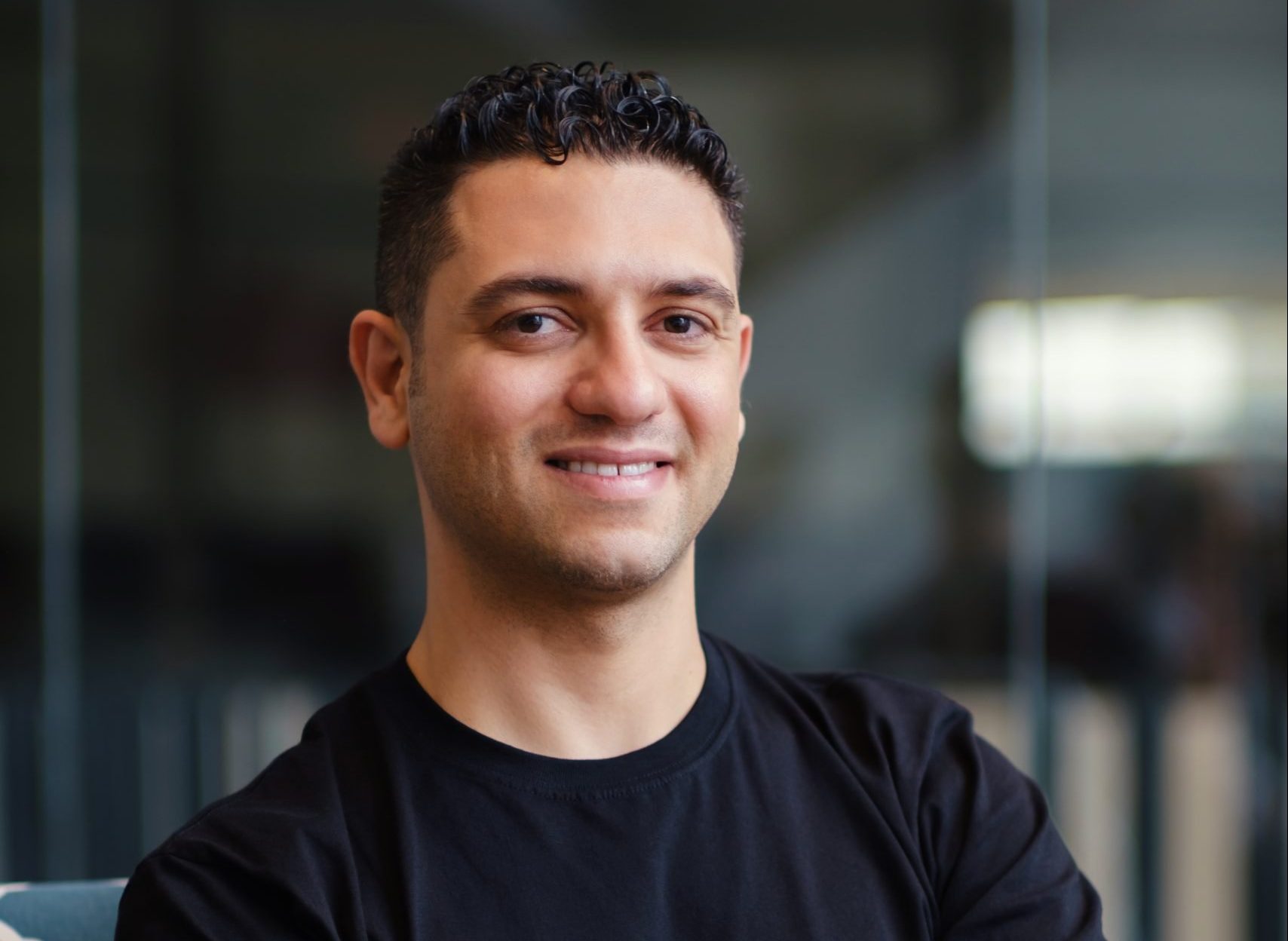
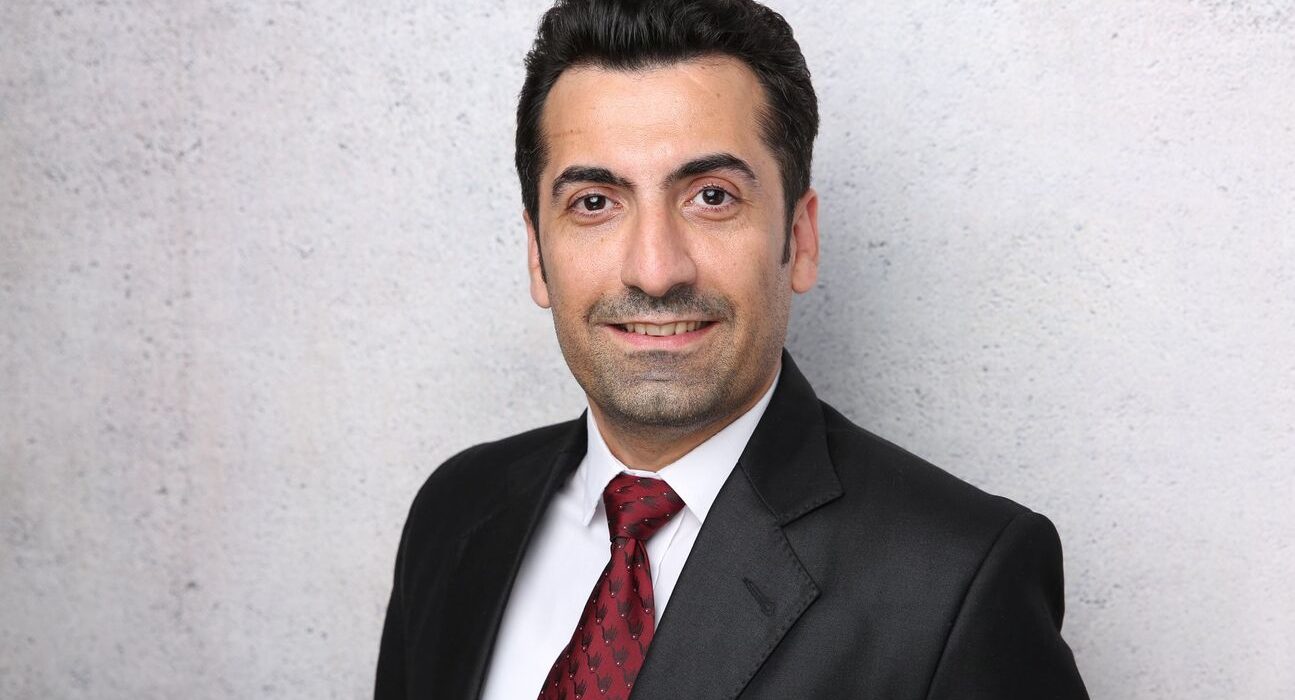
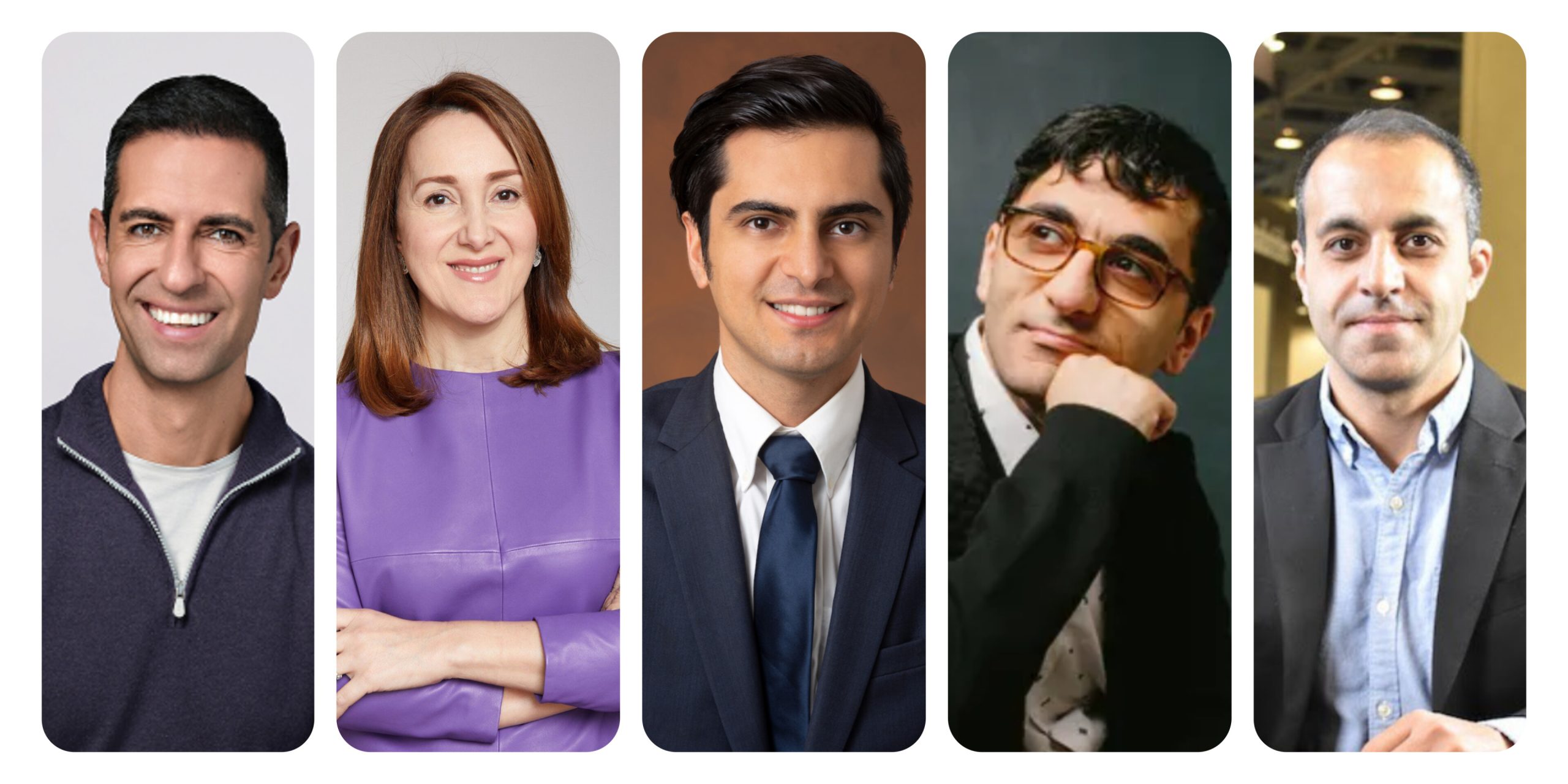
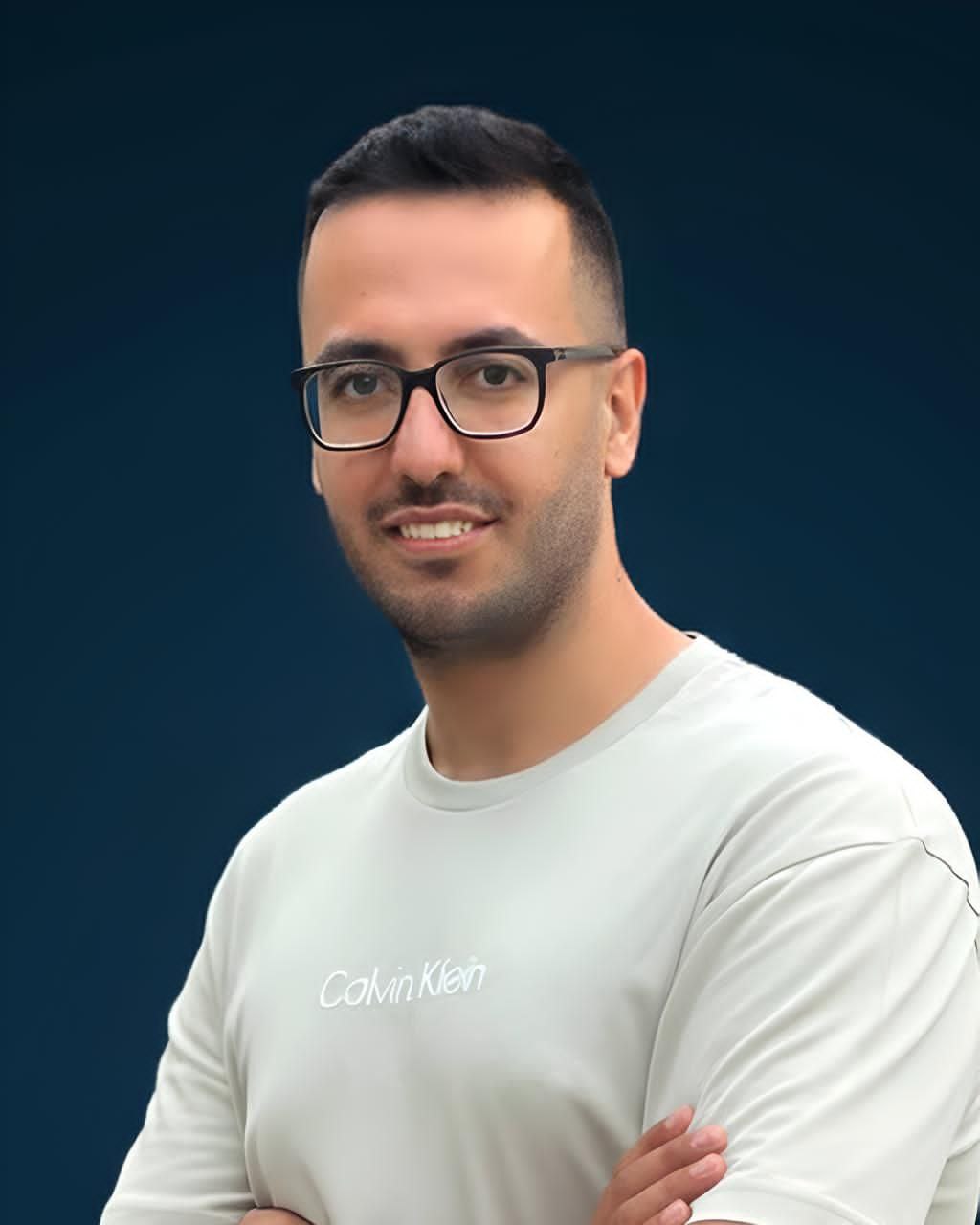



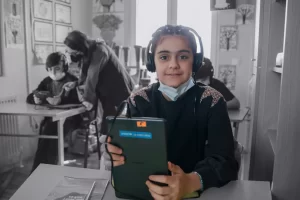


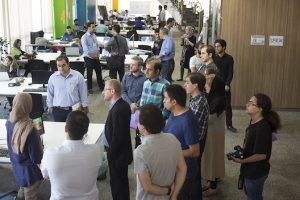


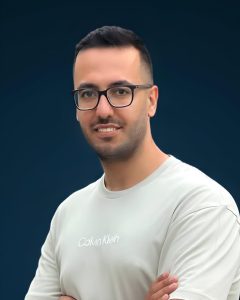
Post Comment